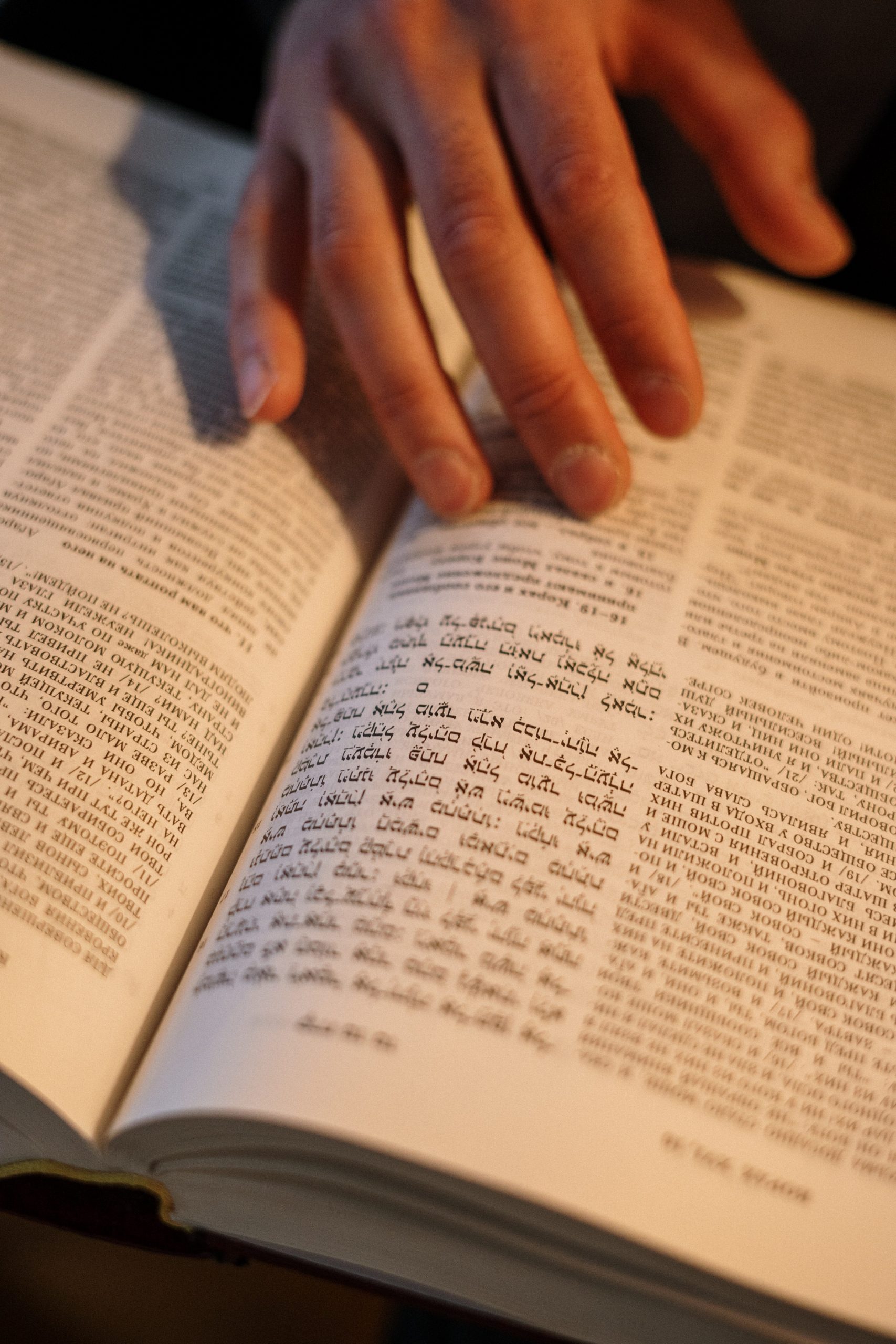The Association of Gulf Jewish Communities (AGJC) will be holding its first ever joint Selichot event in the region.
The AGJC is an umbrella network of Jewish communities from the Gulf Cooperation Council (GCC) countries, including Bahrain, Kuwait, Qatar, Saudi Arabia, Oman, and the UAE, whose aim is to develop Jewish life and community in the region.
Selichot are Jewish penitential poems and prayers especially said during the period leading up to the High Holidays, holy days in the Jewish faith.
The AGJC will live stream an authentic Sephardic service on 22 August, featuring hazzanim, Jewish vocal musicians that help lead a congregation in songful prayer.
“As we usher in the Hebrew month of Elul and prepare for the upcoming High Holidays, we gather as a community to recite the Selichot prayers,” said AGJC’s Dubai-based Rabbi Dr. Eli Abadie.
“It was very important to us to host a genuine Sephardic service as we celebrate the rejuvenation of Jewish life in the region through the formation of the AGJC,” he added.
Jewish life in the Arabian Gulf began in the 1880s when Jews arrived to Bahrain before later developing across the rest of the region.
Read also: Qatar’s neighbours should follow its lead on religious tolerance
“Each one of our communities has so much to offer the other. While maintaining our independence, this new association allows us to pool our resources for the betterment of all Jews in the Gulf,” the Bahrain-based president of the association, Ebrahim Dawood Nonoo said in February.
“While our Jewish community has been part of the fabric of Bahrain society for over 100 years, we appreciate the needs of some of the smaller or newer communities in the region and believe we can help them flourish and navigate growth in this part of the world,” he added.
Currently, the UAE currently has the largest Jewish community in the Gulf.
The AGJC was established earlier this year under the leadership of Dubai-based Rabbi Dr Elie Abadie.
“The Gulf nations have been very supportive of the growth in Jewish life. But, as more people move in and come to visit, we must tend to their educational, cultural, spiritual, and religious needs by establishing programmes and institutions to service these increased needs,” the rabbi said at the time of the announcement.







